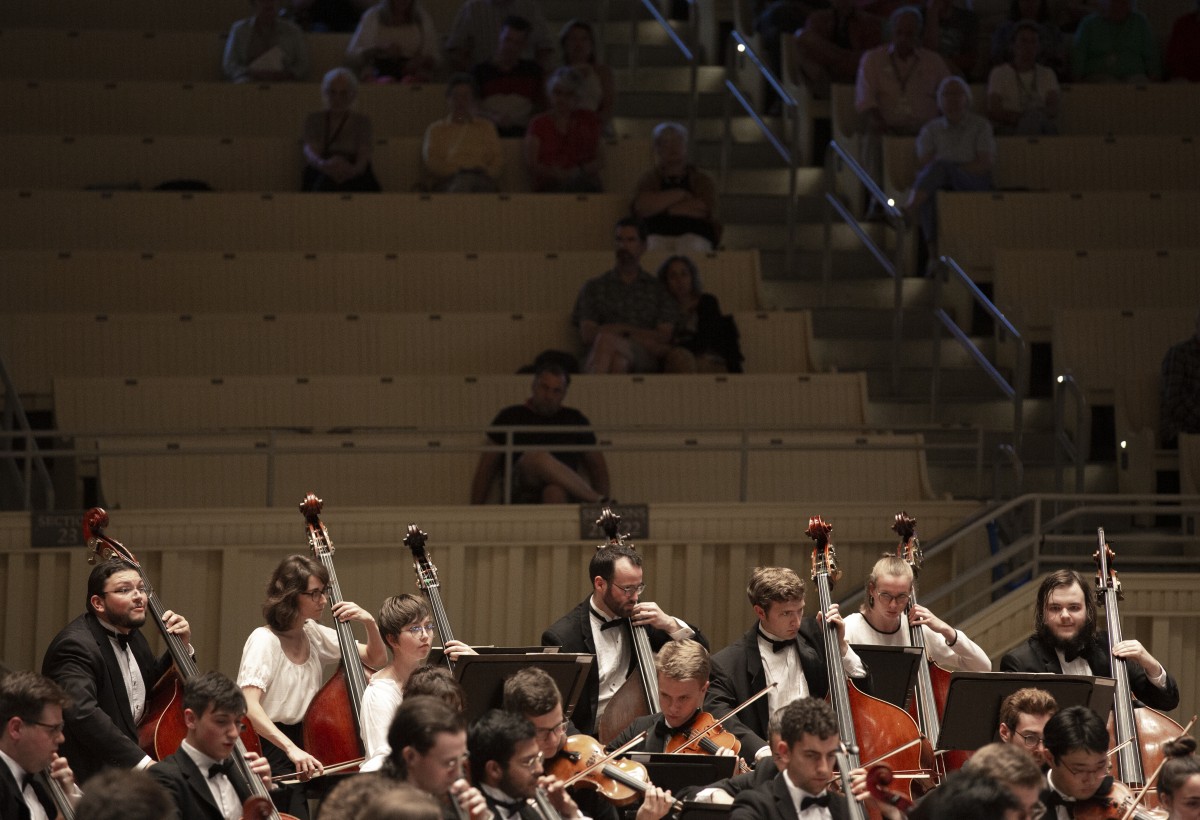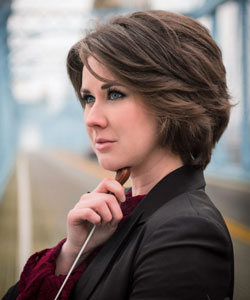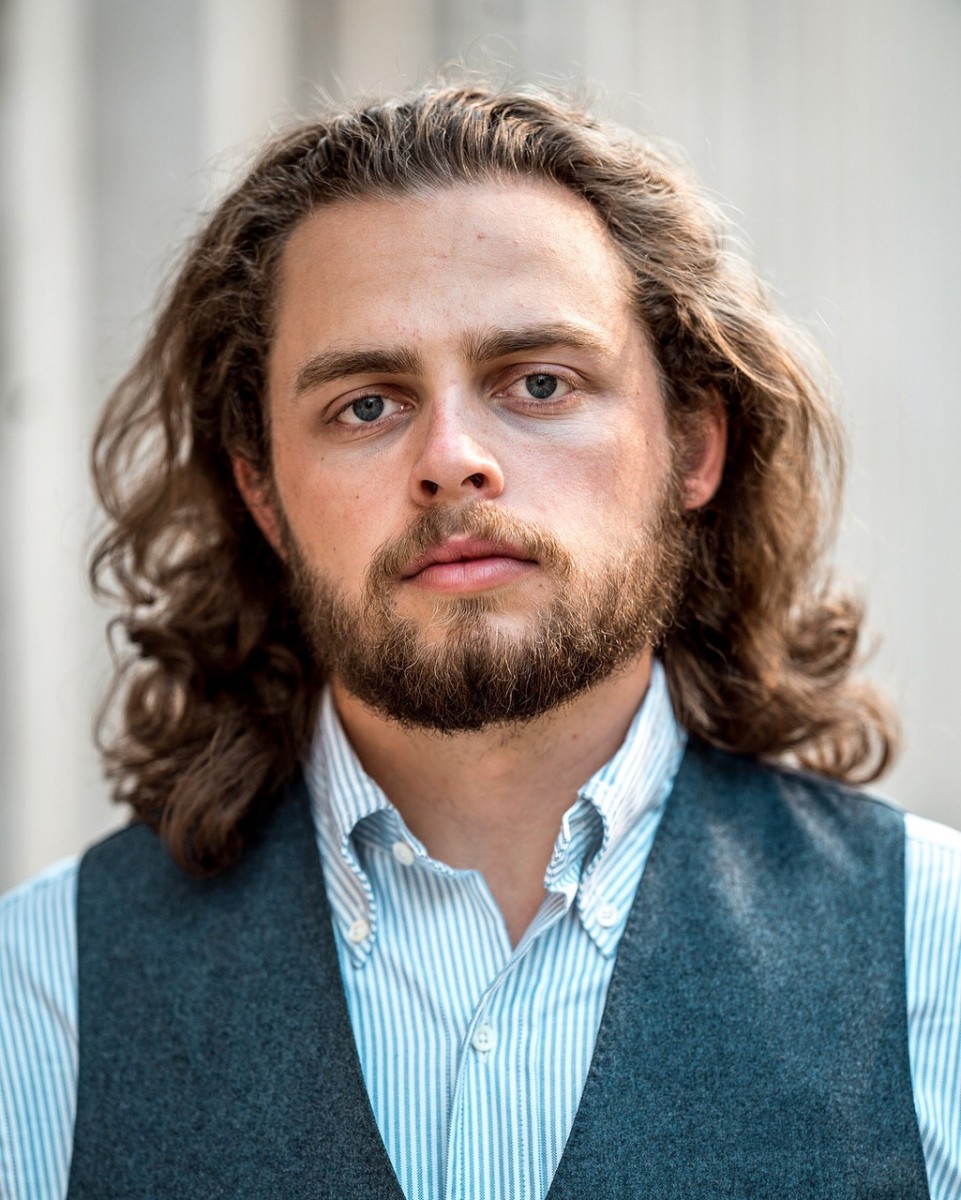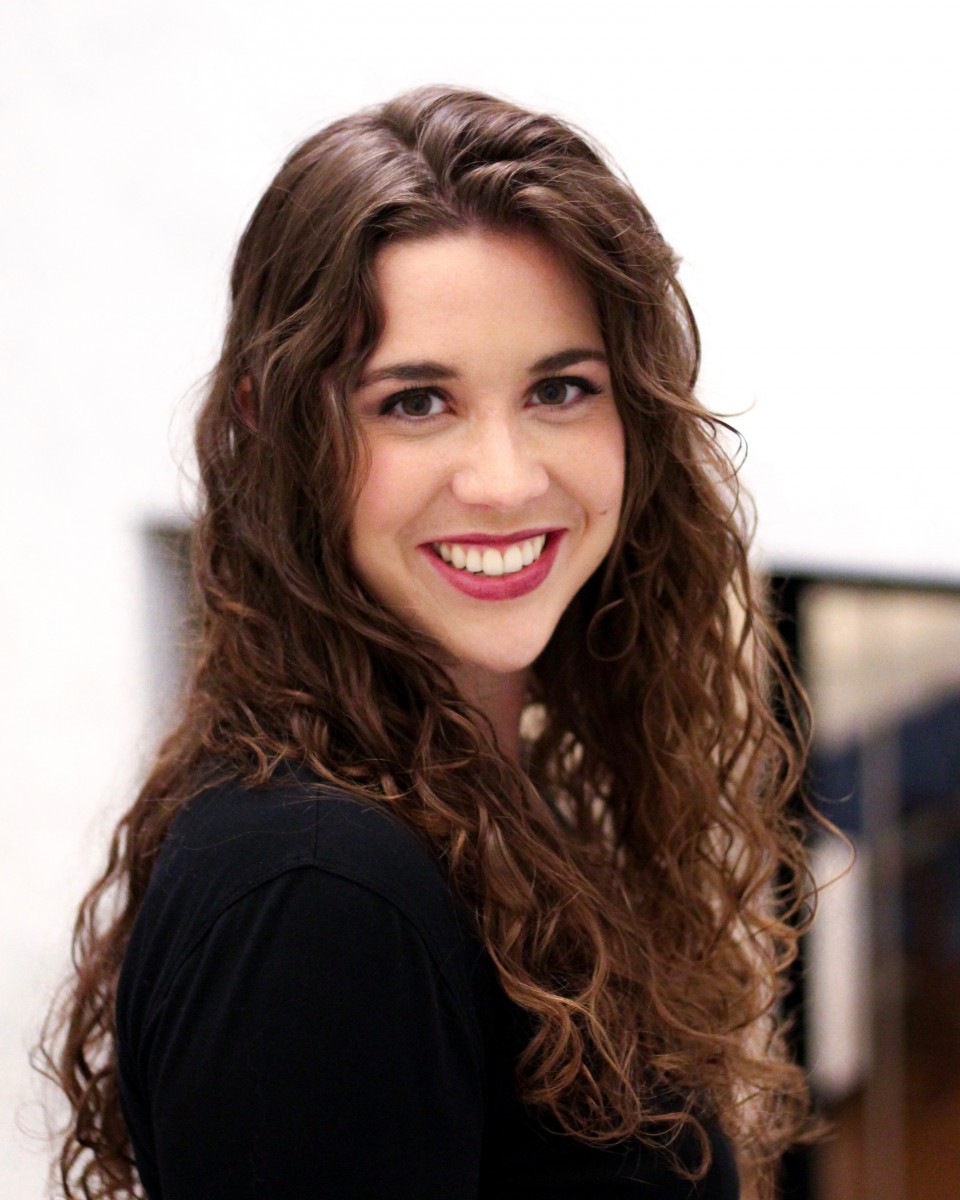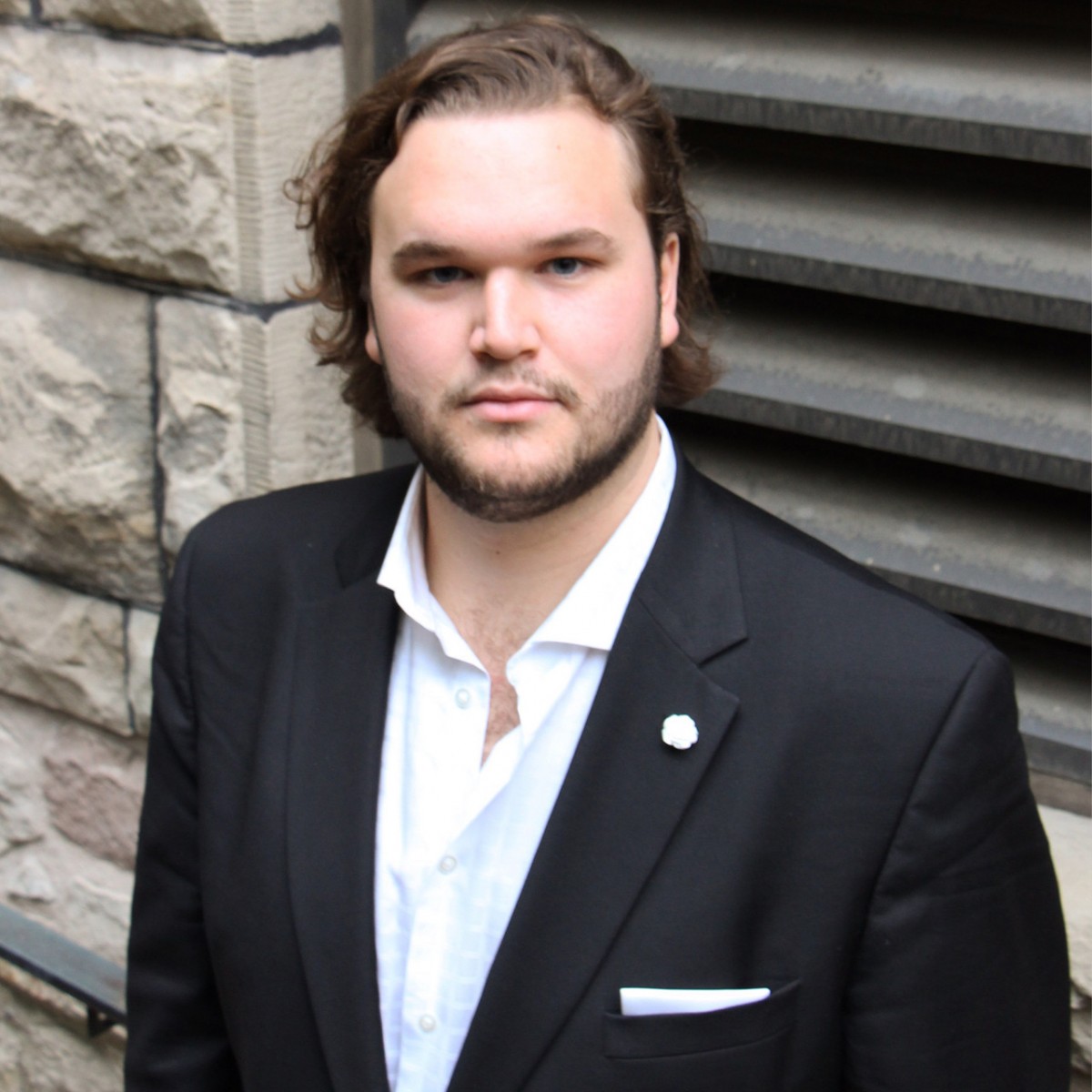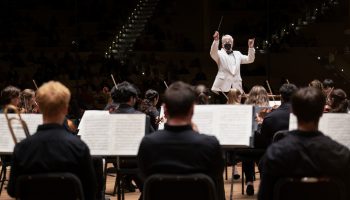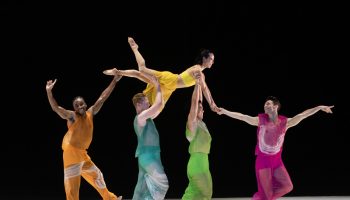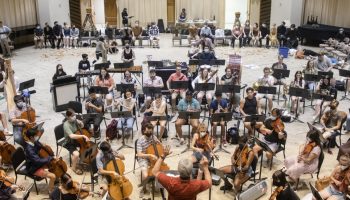Three of the 2018 Sigma Alpha Iota voice competition winners will join forces with the Music School Festival Orchestra in concert at 8:15 p.m. Monday, July 8 in the Amphitheater. The MSFO’s second public performance of the season will feature five pieces sung by the SAI winners and, after intermission, a selection of suites from Sergei Prokofiev’s ballet, Romeo and Juliet.
The student vocalists are baritone Luke Sutliff, mezzo-soprano Marie Engle and tenor Matthew Cairns. The chance to perform with the MSFO this year is part of their prize for winning last year’s SAI voice competition.
The concert will feature Maria Fuller in her Chautauqua debut. Fuller is the 2019 David Effron Conducting Fellow, who is studying under Timothy Muffitt, artistic and music director and conductor of the MSFO. She will be conducting the first two pieces of the concert: Richard Wagner’s “Prelude to Die Meistersinger” and Charles Gounod’s “Avant de quitter ces lieux,” from his opera Faust.
“I’m super excited to be here; it’s an honor to be the David Effron Conducting Fellow,” Fuller said. “This orchestra is extremely good. They’re extremely quick and they’re very eager to follow. They’re sensitive listeners, and they’re watching (when I conduct), which is really good.”
Sutliff will be singing the Gounod piece — which translates from French to “Before I leave this place” — an aria in which the singer, as he goes off to war, prays for the safety of the younger sister he’s leaving behind. The piece has a special meaning to Sutliff.
“I take that very personally because I have a younger sister,” Sutliff said. “I’m not always there to look out for her, so I connect really personally to this piece because, in a way, I want whatever’s out there, or whoever it is — I want them to protect my younger sister.”
The next piece will be sung by Engle — Gustav Mahler’s “Ich bin der Welt abhanden gekommen,” from Mahler’s Rückert-Lieder song cycle. This German piece translates to “I am lost to the world” and explores elements of the human psyche, Engle said, as well as faith, love and song.
“It’s not actually about death,” she said. “It’s about overcoming the travails of life through different means.”
Engle has sung the German lied with piano accompaniment before, but to do it with the whole MSFO is an entirely different and special experience for her.
“It’s a dream come true to get to do (the piece) with orchestra because it’s much more rich in color,” Engle said. “To add in strings and brass and woodwinds really brings the piece to life in a totally different way.”
Next, Cairns will sing “Che gelida manina” from Giacomo Puccini’s opera La Boheme, which means “What a frozen little hand” in Italian, and is about a man singing of his dreams, ambition and love to a woman who has come into his room to relight her candle.
Cairns will then join Sutliff in a duet from George Bizet’s opera The Pearl Fishers called “Au fond du temple saint,” or “Into the holy temple.” In this piece, two friends recall how love for the same woman came between them in the past and swear never to let that happen again.
“(They say) ‘let us swear to remain friends’ and ‘let nothing part us,’ and I find that really wholesome,” Sutliff said.
Following intermission, the MSFO will launch into a 35-minute compilation of nine suites from Prokofiev’s Romeo and Juliet: “Montagues and Capulets,” “The Child Juliet,” “Madrigal,” “Masks,” “Romeo and Juliet,” “Death of Tybalt,” “Romeo at Juliet Before Parting,” “Romeo at the Grave of Juliet” and “The Death of Juliet.” Though these pieces represent a small selection from the much-longer ballet, Muffitt chose these suites to give the audience an idea of the full drama and emotional arc of the story.
“It’s extraordinary music,” Muffitt said. “There’s really nothing else out there quite like it in terms of the drama and the passion and the beauty that’s written into this music. … This is a work that is a very important piece for these young musicians to be playing because it’s immensely difficult.”
It is a unique challenge for the orchestra to play with vocalists.
“Working with singers is a very different way of making music, in a good way, and what I find is that instrumentalists learn a whole lot about music-making when they work with singers,” Muffitt said. “I mean, singing is the original musical instrument and it’s the most natural way of making music.”
The singers learn from performing with a full orchestra as well, and it is an opportunity that they do not often get.
“I’ve not sung beside an orchestra like this,” Sutliff said. “The piano can bring out a lot of what the orchestra is … but I don’t think one really understands the motive and intensity of the composition that the composer constructed until they hear how it was exactly supposed to sound. That’s something I’m looking forward to; to have the moment to really understand what (the composers were) trying to portray to the audience.”


